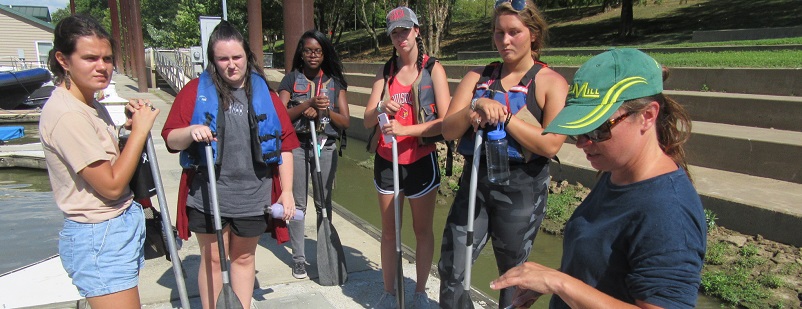
UofL offers interdisciplinary degrees in Sustainability at the Bachelors and Masters levels.

The League of American Bicyclists has designated UofL as a Silver-level Bicycle Friendly University every year since 2013.

UofL's Garden Commons is a community space for cultivating friendships and delicious organic produce on campus year-round.
Our trip-planning tool and carpool-matching platform is free for all at directions.louisville.edu
